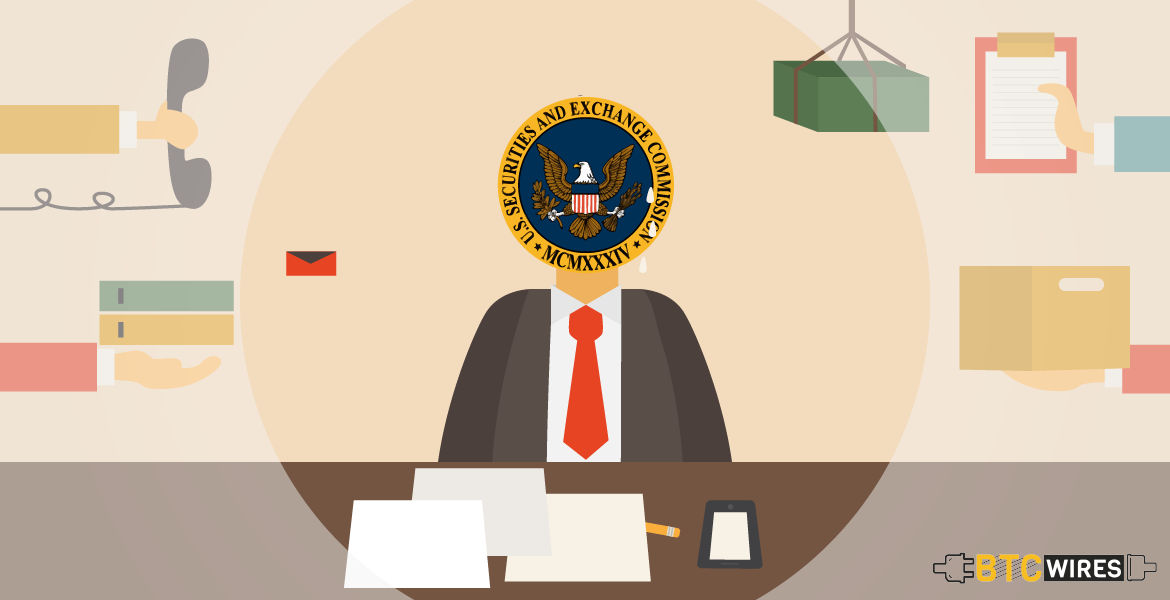As per a recent legal briefing, San Diego District Judge

As per a recent legal briefing, San Diego District Judge Gonzalo Curiel who had been presiding over a case between the U. S. SEC and a startup company Blockvest has turned down the formers’ request for an injunction.
Though on November 27, 2018 he had “granted the SEC’s ex parte request for a temporary restraining order and froze the assets involved in the ICO,” he has now revoked his statement citing that the SEC were unable to demonstrate that buyers of Blockvest’s ICO expected to receive a profit.
The SEC’s efforts to regulate the ICO sphere had always been a slippery slope, with no concrete legislation available to base arguments on. However, one 1946 court case: SEC vs. W.J. Howey Co. has been explicitly cited by many. According to this Howey statut certain assets can be considered securities, and thus become subject to securities regulations, based on the way that sellers and customers handle them. According to this statute, in order for an offering like an ICO to become a security, customers have to show an inclination that they will eventually make more money from the purchase. Curiel’s recent comment say that customers of the Blockvest ICO were under no such illusion.
However since Curiel’s cannot be taken as a legal verdict, and the case is far from being sealed. The briefing states that former representatives of the SEC believe that this case “sends a message to the agency that courts are paying close attention to the question of whether digital tokens fit the legal definition of a security.”
This reversal means that Blockvest’s assets are no longer frozen as per initial orders by the SEC which will make them better posed to mount a defense if the SEC files more charges against them.
Stanley Morris, who was representing the defendants said,
“It is an extraordinary challenge for defendants facing freeze orders and restraining orders obtained ex parte by the government… Our clients are now free to defend themselves through trial and look forward to being vindicated.”
This is an instance of the court system showing a willingness to treat ICOs as if they are not necessarily tied to securities regulations. Legal commentators when asked about the briefing portrayed the sentiment that “it was obvious that the judge had studied the facts and the applicable precedent” as were applicable for this case.
